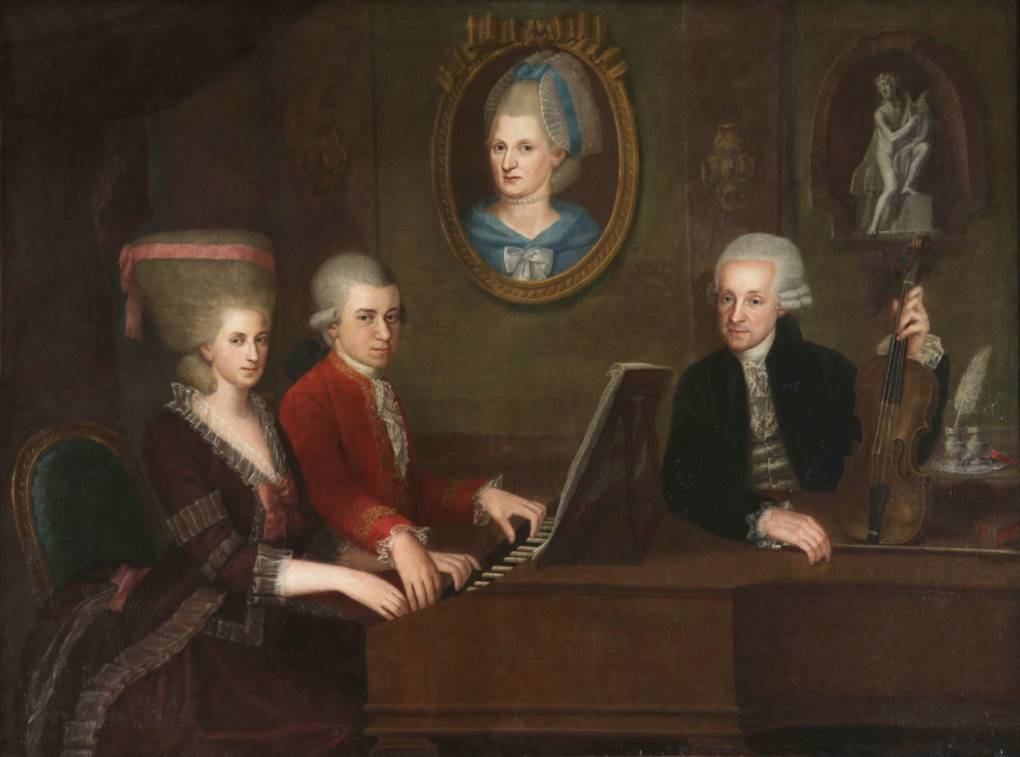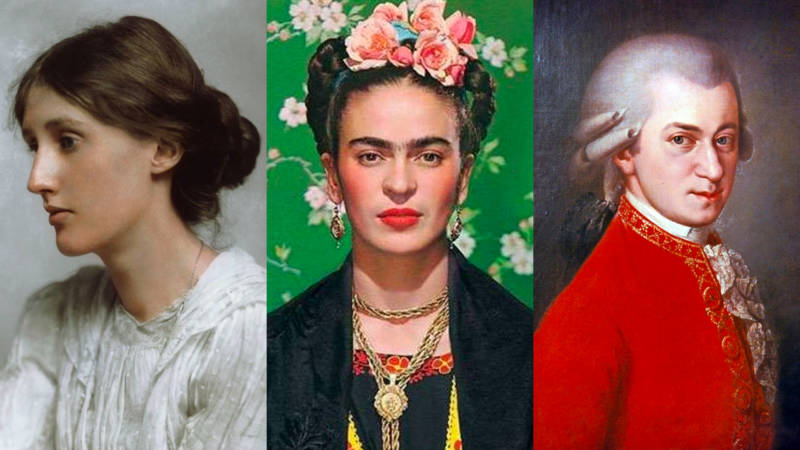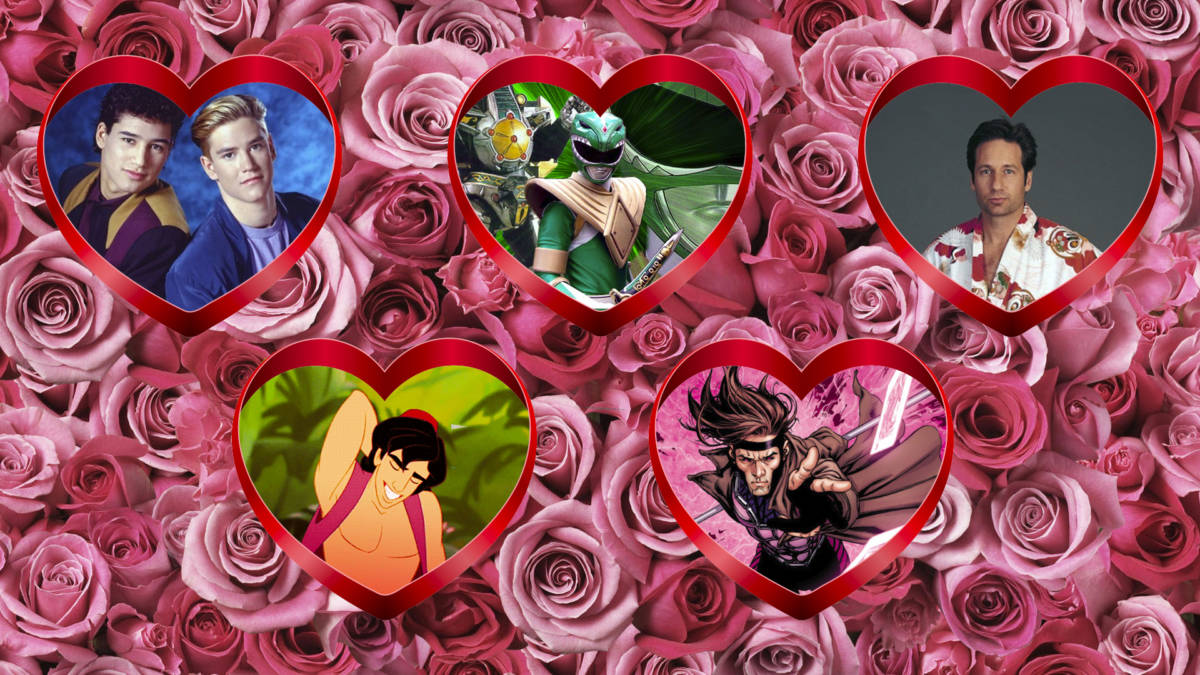White people in the 1700s say the darndest things.
James Joyce & Nora Barnacle
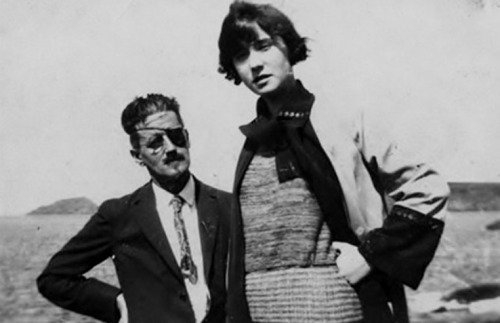
While we're on the topic of, um, digestion, James Joyce wrote at length about his obsession with his wife's farts in this 1909 letter:
"My sweet little whorish Nora... You had an arse full of farts that night, darling... big fat fellows, long windy ones, quick little merry cracks and a lot of tiny little naughty farties ending in a long gush from your hole... I think I would know Nora’s fart anywhere. I think I could pick hers out in a roomful of farting women. It is a rather girlish noise not like the wet windy fart which I imagine fat wives have. It is sudden and dry and dirty like what a bold girl would let off in fun in a school dormitory at night. I hope Nora will let off no end of her farts in my face so that I may know their smell also. Goodnight, my little farting Nora, my dirty little f*ckbird!"
I know. That was a lot to take in. And that's just the half of it. The NSFW version is even crazier. Read if you dare.
Herman Melville & Nathaniel Hawthorne
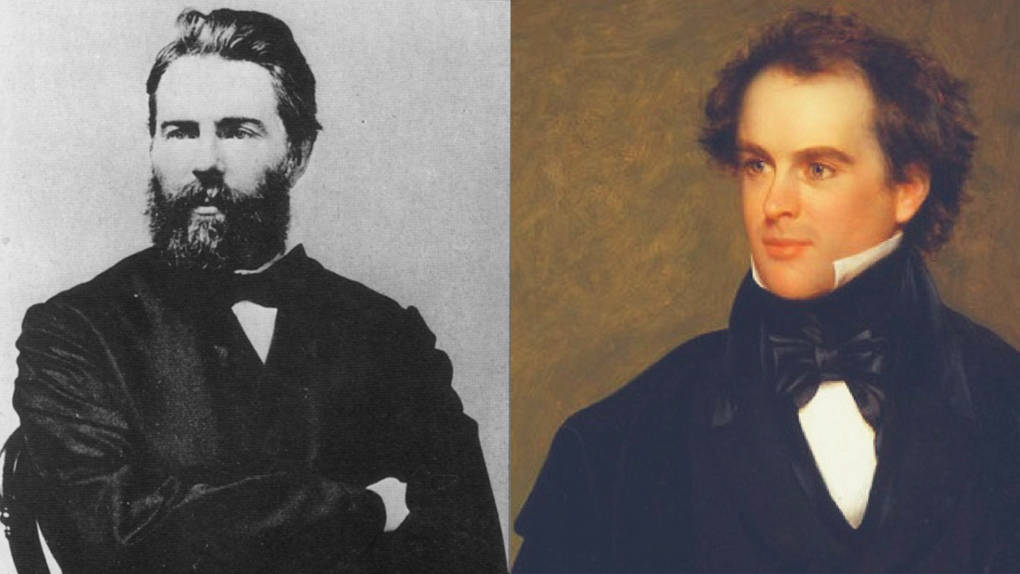
Now onto something that thankfully has nothing to do with intestinal output. While this theory is debatable, some historians believe that Herman Melville (Moby-Dick) had a non-platonic thing for Nathaniel Hawthorne (The Scarlet Letter). Don't believe it? Read for yourself:
“Your heart beat in my ribs and mine in yours... Whence come you, Hawthorne? By what right do you drink from my flagon of life? And when I put it to my lips—lo, they are yours and not mine.”
In the words of Paris Hilton: that's hot.
As is Melville. Will you look at that photo of him? Who knew?!
Here's another one for good measure.
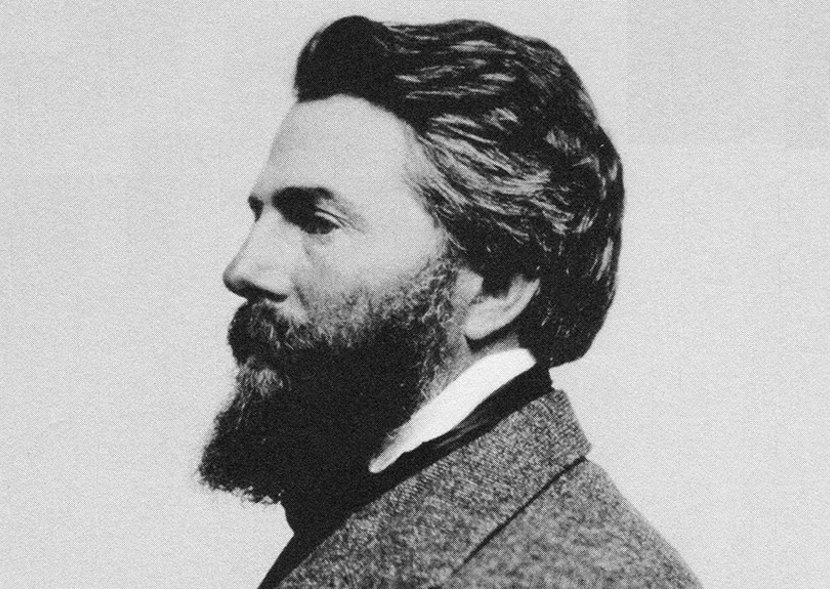
Yowza.
But I digress...
In a letter to a third party, Melville continued (allegedly) crushing: "Hawthorne has dropped germinous seeds into my soul. He expands and deepens down, the more I contemplate him; and further and further, shoots his strong New England roots in the hot soil of my Southern soul.”
I repeat: HE SHOT HIS ROOTS INTO THE HOT SOIL OF HIS SOUL!

My high school English teacher will be happy to know that I am finally considering reading Moby-Dick.
Frida Kahlo & Diego Rivera
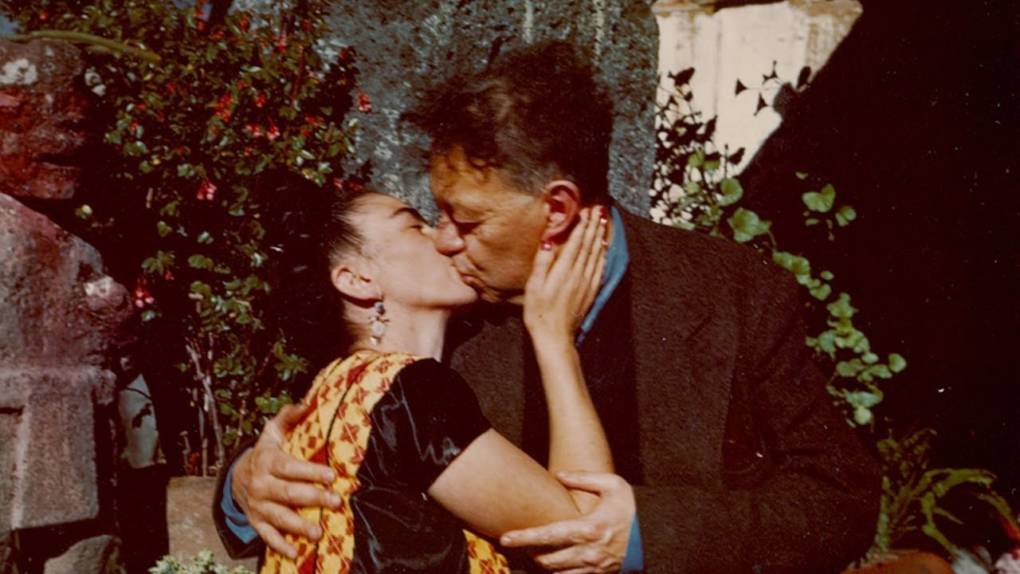
In this love letter to Diego Rivera, Frida Kahlo finds a way to make armpits romantic, and also does enough to convince me that their sex tape would have been lit:
"Nothing compares to your hands, nothing like the green-gold of your eyes. My body is filled with you for days and days. You are the mirror of the night. The violent flash of lightning. The dampness of the earth. The hollow of your armpits is my shelter. My fingers touch your blood. All my joy is to feel life spring from your flower-fountain that mine keeps to fill all the paths of my nerves which are yours."
Meanwhile, some of us are out here settling for a "U up?" text at two in the morning.
Vita Sackville West & Virginia Woolf
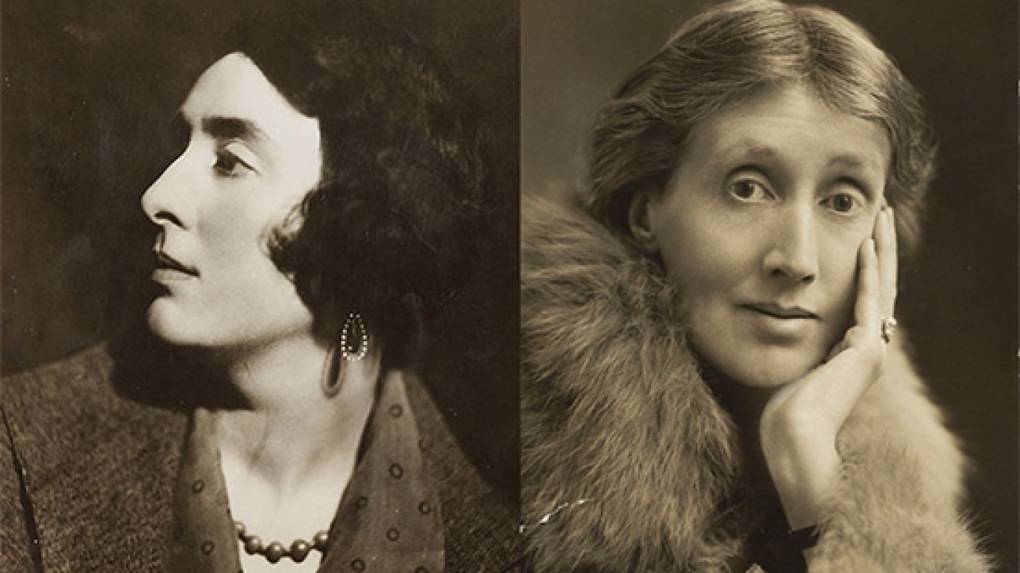
During a hot and heavy extramarital affair, Vita Sackville-West (not related to the Kardashian-Wests) sent Virginia Woolf a letter to share just how enamored she was feeling:
"I am reduced to a thing that wants Virginia... I just miss you, in a quite simple desperate human way... So this letter is really just a squeal of pain. It is incredible how essential to me you have become. I suppose you are accustomed to people saying these things. Damn you, spoilt creature; I shan’t make you love me any more by giving myself away like this — But oh my dear, I can’t be clever and stand-offish with you: I love you too much for that... You have no idea how stand-offish I can be with people I don’t love. I have brought it to a fine art. But you have broken down my defenses. And I don’t really resent it.”
How do you reply to a powerful letter like that? Well, if you're Virginia Woolf, by writing PG-13 erotic fiction featuring woodland creatures!
“I have missed you. I do miss you. I shall miss you. And if you don’t believe it, you’re a long-eared owl and ass…. Open the top button of your jersey and you will see, nestling inside, a lively squirrel with the most inquisitive habits, but a dear creature all the same—"

John Keats & Fanny Brawne
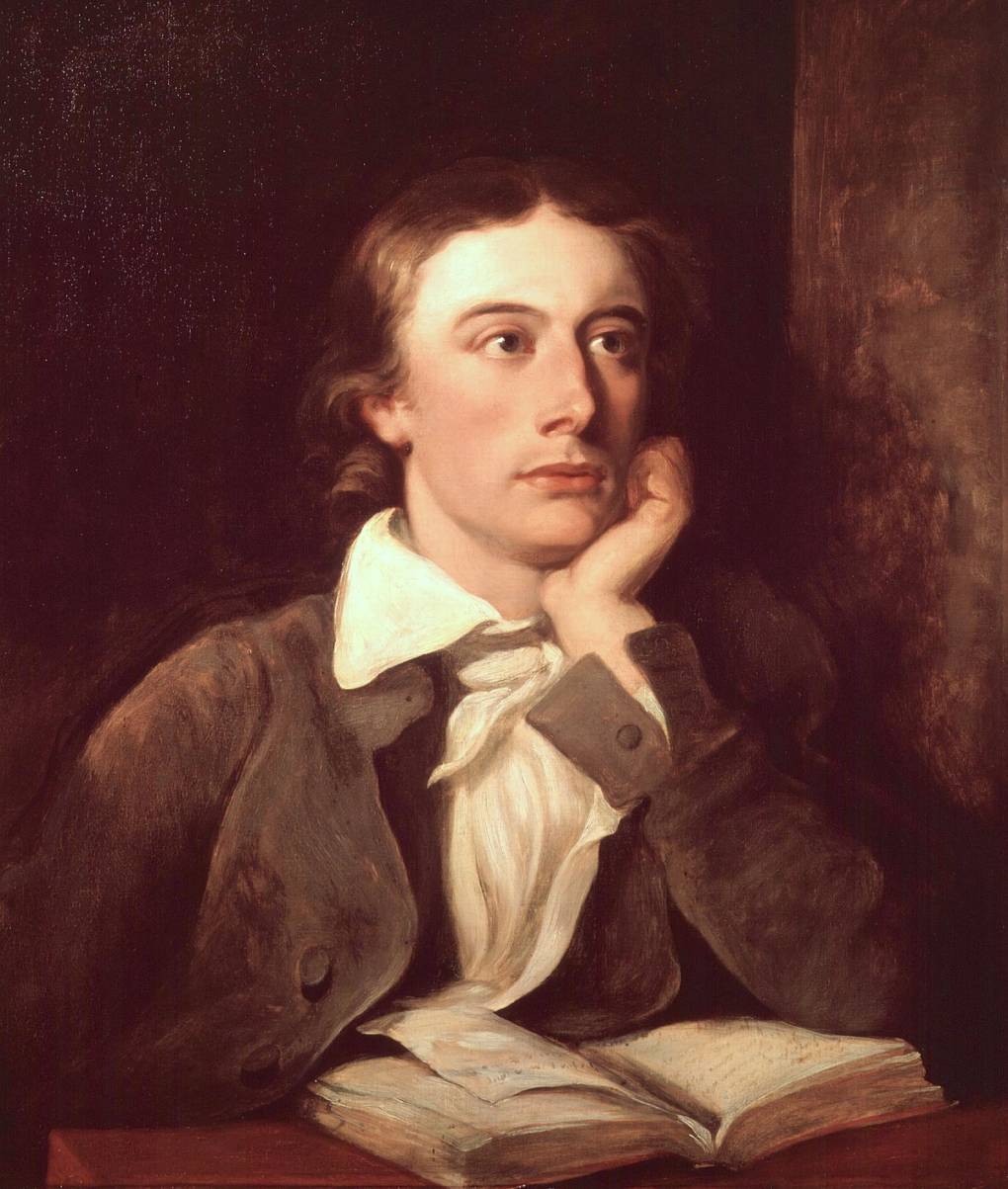
John Keats literally fell in love with the girl next door, his neighbor Fanny Brawne. They never married because he was too poor (plus, he died at the age of 25), but that didn't stop him from sending her letters like this one:
‘My love has made me selfish. I cannot exist without you – I am forgetful of every thing but seeing you again – my Life seems to stop there – I see no further. You have absorb’d me…I would be martyr’d for my Religion – Love is my religion – I could die for that – I could die for you…’
Who knew John Keats was the Prince of the early 1800s?! Makes you wonder what weird symbol he would have transitioned to later in life. Maybe the outline of a Grecian urn?
Richard Burton & Elizabeth Taylor
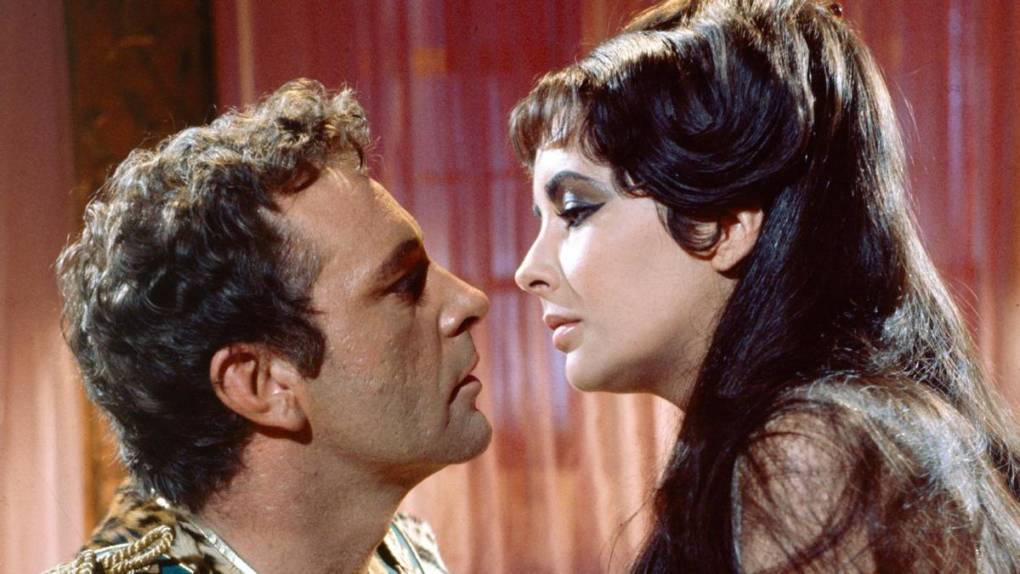
Richard Burton and Elizabeth Taylor got divorced in 1974, but that didn't stop the love, as this letter from him to her attests:
"...All I care about—honest to God—is that you are happy and I don't much care who you'll find happiness with. I mean, as long as he's a friendly bloke and treats you nice and kind. If he doesn't, I'll come at him with a hammer and clinker. God's eye may be on the sparrow but my eye will always be on you. Never forget your strange virtues. Never forget that underneath that veneer of raucous language is a remarkable and puritanical LADY… Try and look after yourself. Much love."
Something about Burton threatening to mutilate someone with a hammer and clinker is oddly touching. If his letter made you root for them to get back together, I have some good news for you. They did! I also have some bad news for you. Their second marriage only lasted a year.
Zelda & F. Scott Fitzgerald
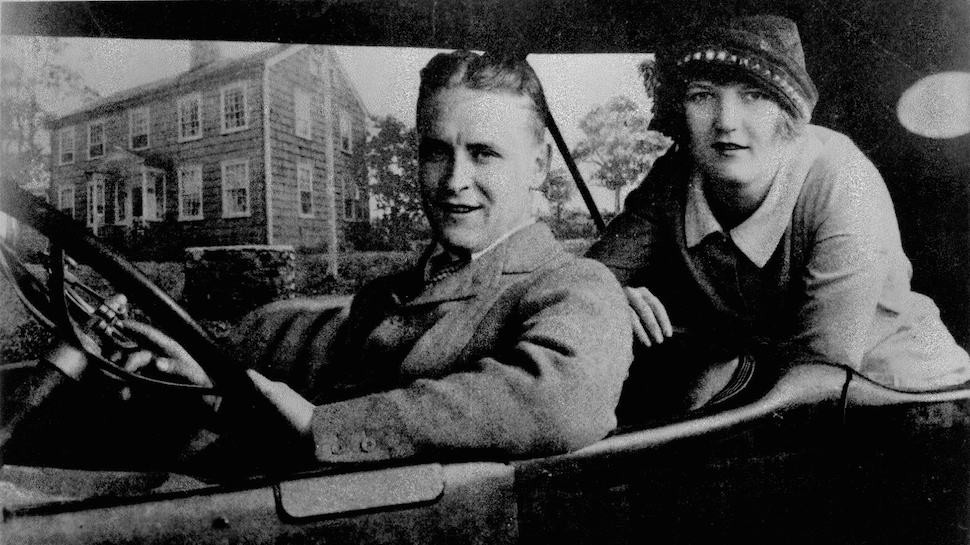
Love letters usually focus on positive feelings, but Zelda Fitzgerald wasn't a usual kind of person. This note to F. Scott has just as much misanthropy as anything else:
"How inanimate I am when you're gone—I can't even hate these damnable people—Nobody's got a right to live but us—and they're dirtying up our world and I can't hate them because I want you so."
Nothing says "I love you" quite like "I hope everyone else dies."
This piece was inspired by an episode of The Cooler, KQED’s weekly pop culture podcast. Give it a listen!
